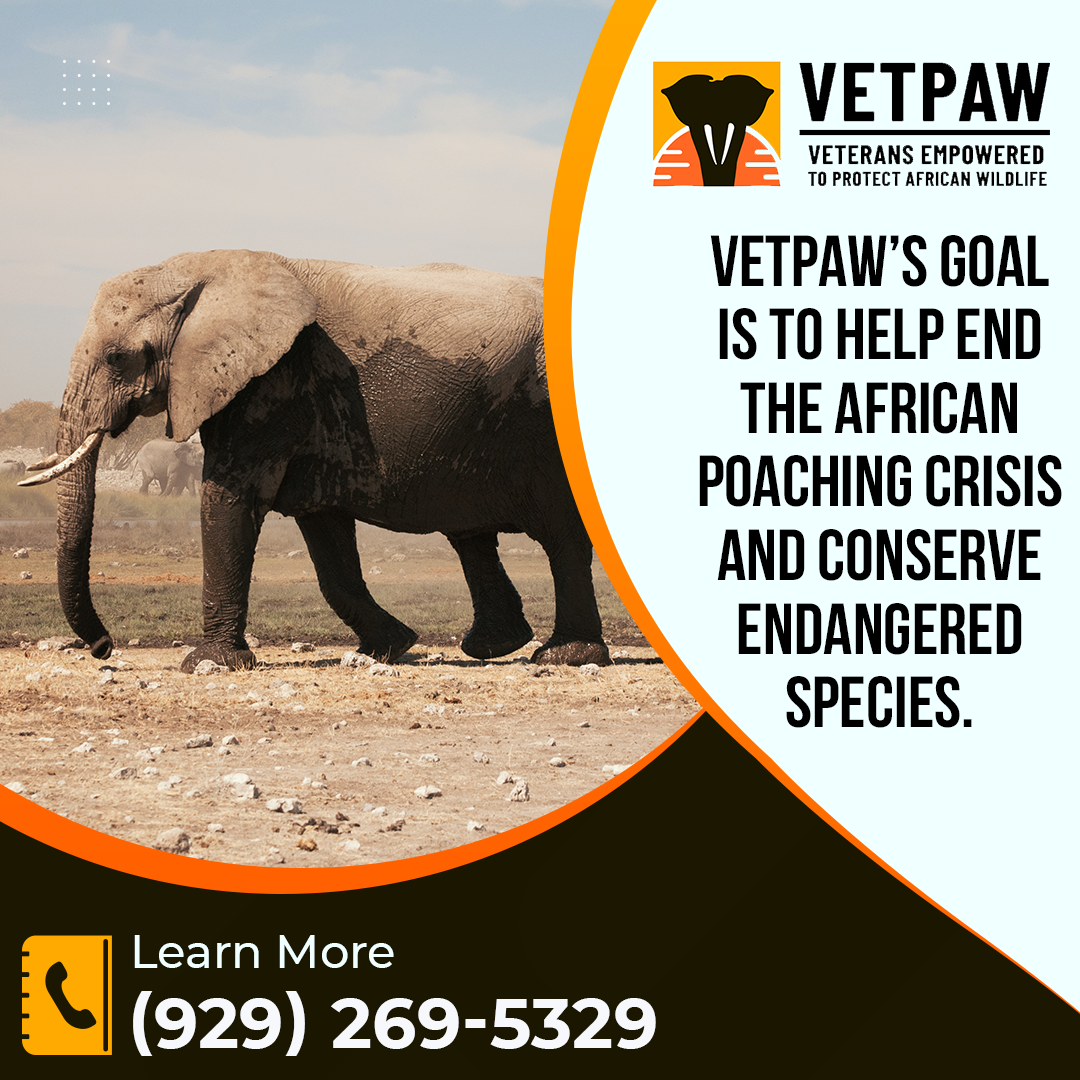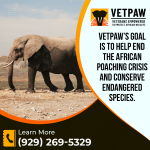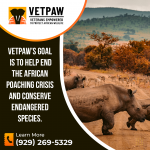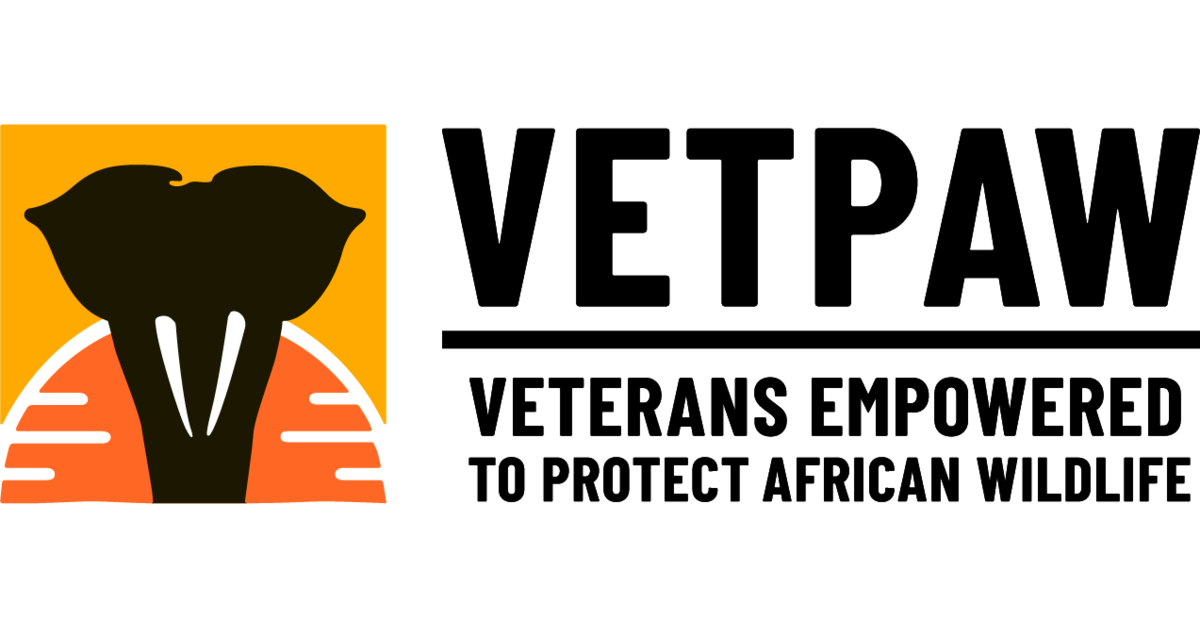Wildlife conservation has long-term benefits that may not be visible today but are very crucial for the survival of humanity and its habitat. Governments, organizations such as VETPAW and conservationists across the globe are working tirelessly to conserve wildlife and simultaneously create awareness amid the masses about it.
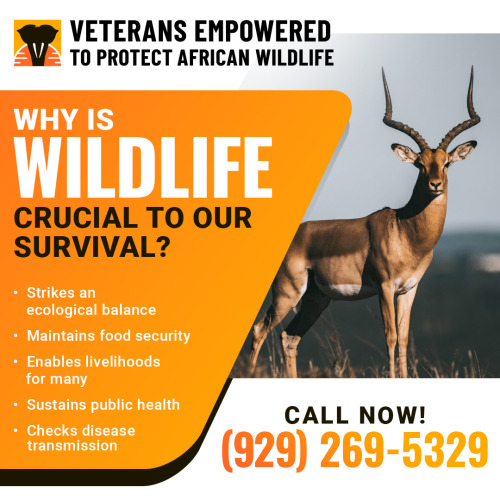
Why is wildlife crucial to our survival?
# Strike an ecological balance: Every species has a role to play - predator, prey, decomposer and preserver. The planet is held together by a delicate balance of this complex ecosystem that has been disturbed by the ongoing industrialization and profiteering. This imbalance is leading to problems that are not very visible yet but are very real and imminent.
# Maintain food security: Conservation of wildlife and its habitat is imperative to the promotion of agricultural diversity that in turn helps sustain a thriving and secure food system. Without this food security, humanity faces nutritional adversity. VETPAW is constantly helping local communities understand the importance of wildlife and sustain their food security responsibly.
# Tap into economic opportunities: The conservation of wildlife and its habitat enables livelihoods for many. Wild plant products like food, medicine, timber, fibers as well as wild animal products such as meat and medicines are of tremendous economic value. Unique species, buzzing wildlife and a well-preserved habitat lures in tourists from all over the globe, enabling local businesses and investments to flourish.
# Sustain public health: According to a study, more than 50 percent of modern medicines and more than 90 percent of traditional medicines come from wild plants and animals. The wildlife has contributed phenomenally to improve human health, create a body of medical knowledge and help develop modern and traditional medicine. Some wild organisms such as chimpanzees are used for scientific experiments such as medical tests before human trials are held.
# Check disease transmission: Research has proven that an imbalanced ecosystem and reduced diversity among mammals increase the number of animal-borne diseases and their risk of transmission to humans.
How to help conserve wildlife?
#Volunteer at a local wildlife refuge, wildlife rehabilitation hospital, nature reserve, zoo, or botanical garden. VETPAW and many other organizations have also made virtual or remote volunteering a reality.
#Become a voice for wildlife on social media against poaching, wild animal exploitation, illegal game hunting of animals, and illegal pet trade. VETPAW has successfully taken to social media to create awareness about its anti-poaching campaigns to inspire more people to contribute to this cause.
#Consume responsibly and refrain from buying or supporting the purchase of any product made from illegally-sourced wildlife. Don’t buy ivory of any kind as it stimulates the poaching drives against elephants and rhinos.
#Be a whistleblower and contact local authorities about any illegal poaching or trafficking that has been witnessed.
#Donate to wildlife organizations and help them with resources that make their conservation efforts more efficient and impactful.
#Learn about wildlife issues through documentaries and share on social media to create awareness in your community.
VETPAW - Veterans Empowered to Protect African Wildlife
Founded in 2013, VETPAW is a non-profit organization and a community of US war veterans dedicated to protecting African wildlife and training local African rangers in the war against poaching.
Visit VETPAW.org or call at (929) 269-5329 to make a contribution or volunteer for wildlife conservation.
